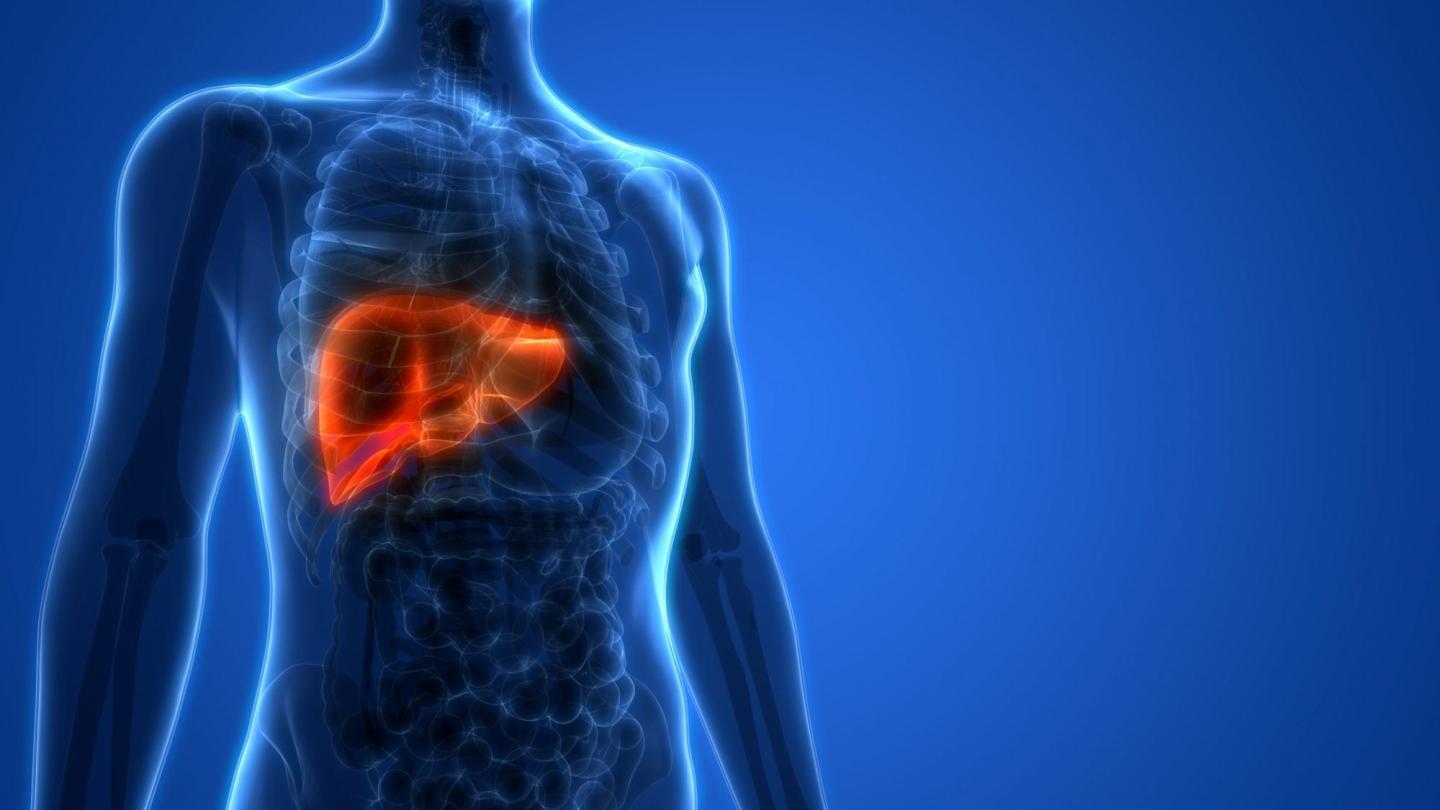
IMAGE: Georgia State University has signed a license agreement with Precision MedCare LLC, a biomedical solutions company founded by Yi Jiang, professor of mathematics and statistics in the College of Arts… view more
Georgia State University has signed a license agreement with Precision MedCare LLC, a biomedical solutions company founded by Yi Jiang, professor of mathematics and statistics in the College of Arts & Sciences, to further develop a non-invasive method to detect liver fibrosis.
The technology was created by Jiang and her students, and is based on a machine-learning algorithm that interprets data from ultrasound scans.
Fibrosis, the formation of scar tissue in the liver, is a clinical manifestation of chronic liver conditions, including fatty liver diseases, alcohol-related liver disease, hepatitis and other viral infections. Fibrosis can eventually interrupt blood flow to the liver and interfere with normal organ function, causing cirrhosis.
“Late-stage fibrosis is irreversible,” says Jiang. “Unfortunately, the early stages of liver fibrosis are often asymptomatic, so by the time the disease is detected it’s often too late for intervention.”
Available methods of diagnosing fibrosis and cirrhosis carry limitations. Liver biopsy is invasive and false positive or false negatives are common because of sampling error. A non-invasive procedure known as ultrasound elastometry, which measures the speed at which sound waves pass through the liver, indicating how stiff or rigid the organ tissue is, is expensive and is typically only used in large hospital settings. The results may also be unreliable for obese patients. Magnetic resonance imaging and magnetic resonance elastography, while promising, are also expensive and not always accessible for patients.
By using Doppler ultrasound scans, a widely available, non-invasive test that measures blood flow, Jiang’s technology can be administered in a variety of clinical settings. The algorithm analyzes how blood flow dynamics are impaired by liver rigidity or stiffness, reflecting the condition of the organ as a whole and eliminating the issue of sampling error. Medical professionals can use the test to diagnose a precise stage of fibrosis, ranging from minimal scarring (stage 1) to cirrhosis (stage 4).
“We can detect early-stage fibrosis with much greater accuracy than existing methods,” says Jiang.
Liver disease is a major public health concern around the world. Cirrhosis is also the most significant risk factor for liver cancer, a highly fatal disease that kills more than 30,000 Americans each year.
Precision MedCare LLC has received funding to produce and test the technology in China, where liver diseases affect an estimated 300 million people.
“We will test the product in hospitals, collect clinical data and then launch a clinical trial,” says Jiang.
Preliminary data for the technology was previously gathered in China, and the company hopes to soon receive approval from the China Food & Drug Administration.
“We are also pushing toward regulatory approval in the U.S., using the data coming from China to fuel those efforts here,” says Jiang.
###
Jiang has received funding for this work from the Georgia Research Alliance, and plans to apply for further grant support from the National Institutes of Health.
Disclaimer: AAAS and EurekAlert! are not responsible for the accuracy of news releases posted to EurekAlert! by contributing institutions or for the use of any information through the EurekAlert system.

